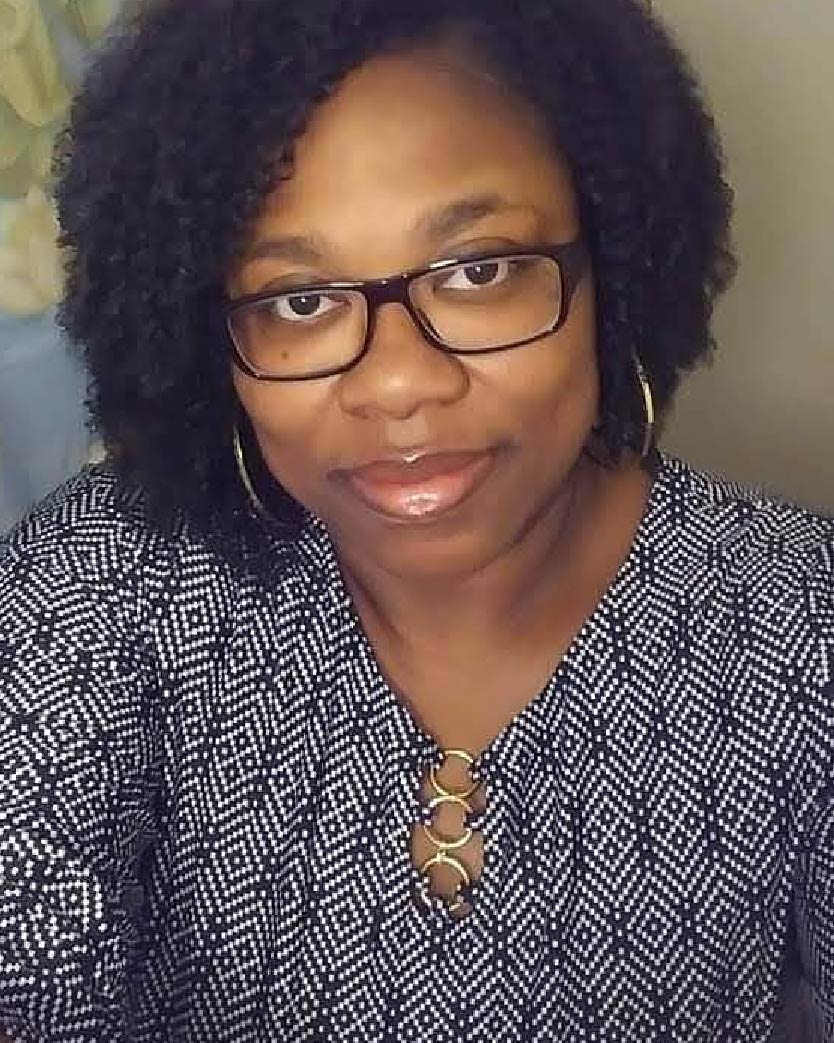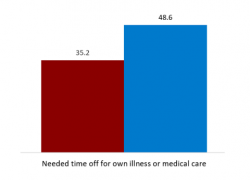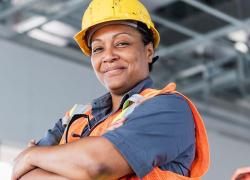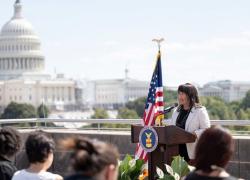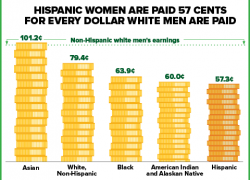Over the past several months, the Women’s Bureau has been asking women to tell us about their personal experiences during the pandemic, and what support they need going forward. We’ve heard from women all over the country who work in all different occupations and industries. Many have shared similar observations about what would help them in the workforce: paid leave, access to child care, flexible work arrangements and supports for transitioning back to the workforce. Here are just a few of their stories. For Jesse and LaTanya, having a national, comprehensive paid medical and family leave policy would have helped them maintain financial stability throughout the pandemic and beyond. Jesse, a single mom, lost her job and ultimately her home when she contracted COVID. Meanwhile, LaTanya had to choose between her financial security and the health of her baby with respiratory issues. |
| |
When the pandemic hit I was a self-sustaining single mom of my 15-year-old daughter working at [a big box store] as head cashier. I got really sick with Covid and I was terminated during my paid leave for it. For 2 months I fought for my position to be reinstated and it finally was. But we lost our home and I got much sicker during those 2 months. We are living with my 87-year-old grandmother and I'm advocating for there to be a stricter leave law in place for anyone who catches Covid especially while working as an essential employee! – Jesse, Tennessee |  |
|
So when Covid hit I was working in the medical field and had a very young baby, who experiences breathing difficulties. So having that in the back of my mind I felt the right thing to do in the situation was to protect her the best way I knew how, which was to leave [my] job and just stay with her full-time. At one point I was facing eviction and even about to have my car repossessed. But, my daughter's health and safety was/is way more important to me than any material things. Covid has not been all bad for me though. I was able to watch my daughter take her first steps. I'm so glad I got to see that! – LaTanya, Missouri |
|
|
Blair has struggled with new motherhood during COVID, especially given the lack of child care options. Work flexibility has helped her manage, but she’s not sure how much longer that will be an option for her. |
| |
Being a first-time mom during a global pandemic has been an experience, that's for sure! I was pregnant, gave birth, had 3 months of maternity leave, and returned to work all during the COVID-19 pandemic. My original plan of daycare had to change. I've had to ask for an exception to continue to work from home ... Trying to manage breastfeeding, working 40 hours a week, and managing the care for a baby has been one of the biggest challenges of my life. – Blair, Illinois |  |
|
Like many, Mary lost her small business. She wants to get back to work, but needs support finding employment, and job flexibility so she can fulfill her caregiving responsibilities, too. |
| |
I was a business owner in Las Vegas and due to pandemic lost my business. I would still like to work but have been out of the job market for some time. I have been receiving [Pandemic Unemployment Assistance] but I am now being asked to apply for jobs. I received no help with small business loans or any help from state, federal or local entities. I cannot go back into the work place because of my husband’s disability and the lack of job skills. What kind of help is available to me? – Mary, Nevada
| 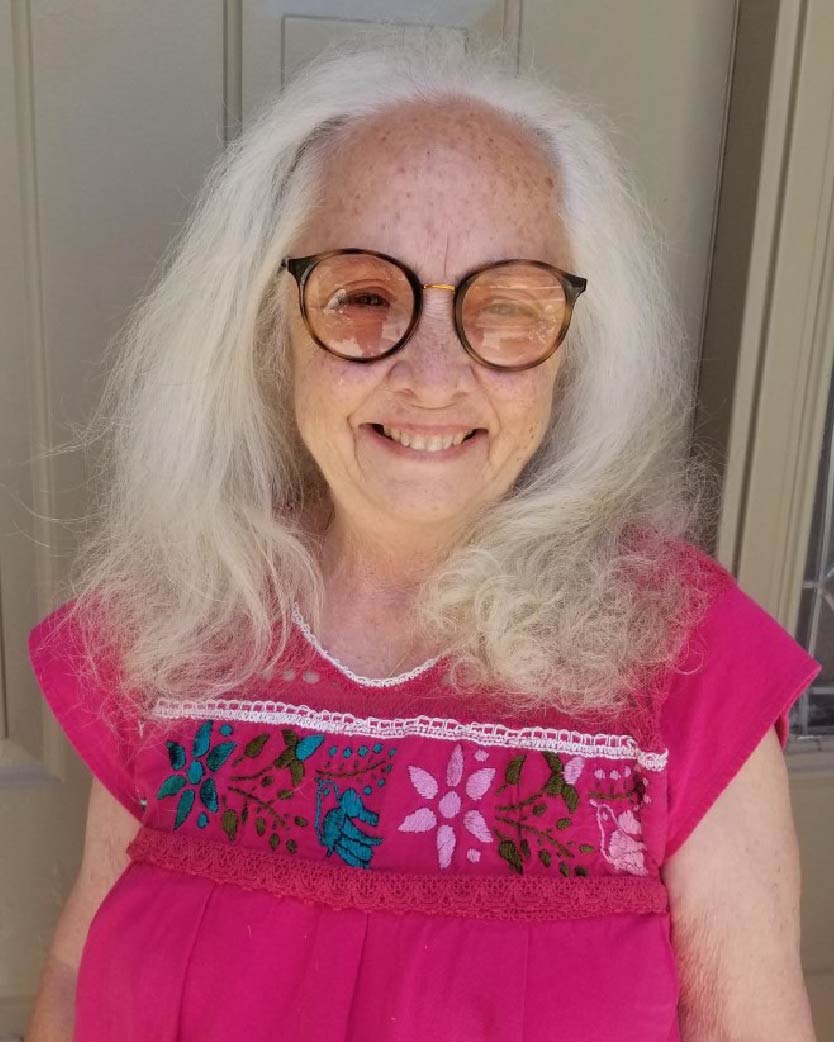 | |
Then there are women like Shara, who remind us just how resilient we can be, and that we have to not only recover, but build a new, better economy that works for everyone. |
| |
Covid came blasting into our lives taking away but it also enriched us to find more innovative ways to reach out – more phone calls and video chats – realizing we had to realign our priorities to embrace those that we love... I rise to see if I can make a difference and I will continue to contribute – I am proud to be a [woman] and all that we stand for. – Shara, Colorado | 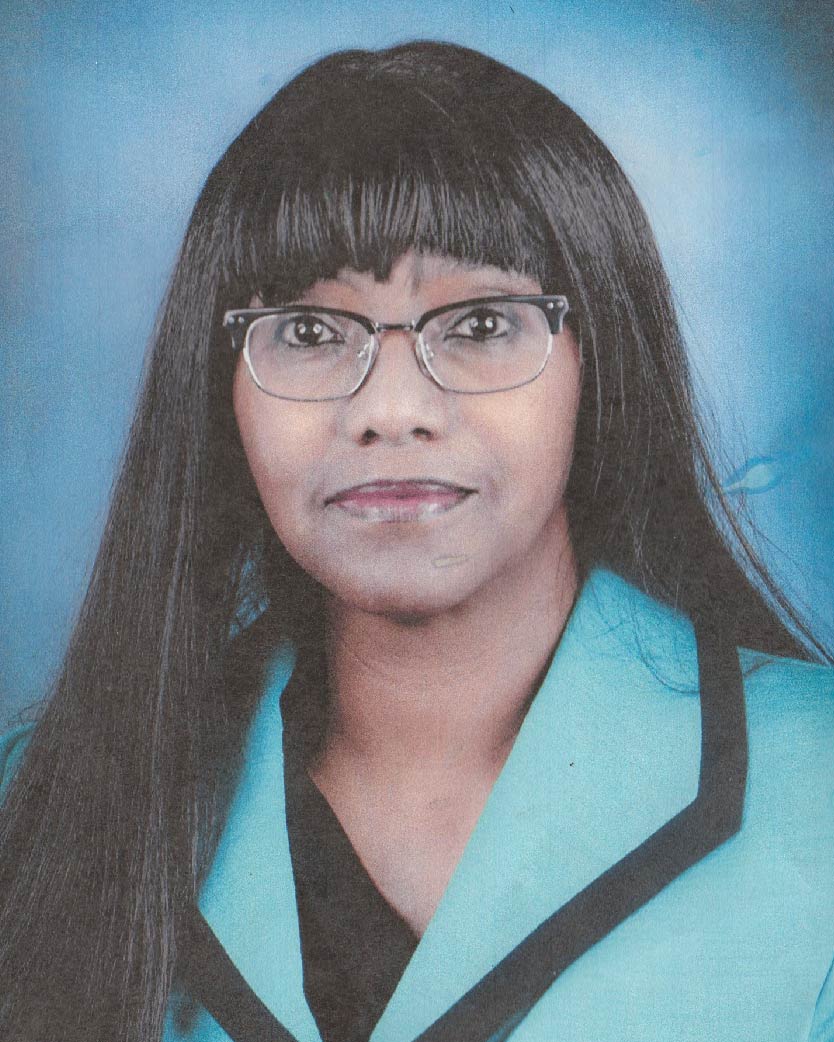 |
|
This pandemic has disproportionately impacted women. The adult women’s employment rate (54.3%) is at its lowest pre-pandemic level since September 1988 (54.1%). In June, there were 7.2% fewer adult Black women, 5.9% fewer adult Hispanic women, and 4.8% fewer adult white women employed compared with February 2020. Mothers of young children had the steepest reductions in employment during 2020. Among mothers with children under the age of 13, 1.2 million fewer mothers were working, representing loss of about 7% of employed mothers ages 25-54. But working women are more than just statistics. They are human beings with names, unique stories and individual challenges that require solutions. To meet the demands of a recovering economy, without giving short shrift to family and individual care needs, these women, and so many more who toil in anonymity, need a comprehensive national paid leave program, access to affordable child care, and workplaces willing to accommodate the needs of working families. This moment is ripe with opportunity to re-envision the full spectrum of work-family policies necessary to create a workforce that is better and stronger than it was pre-pandemic. Eleanor Delamater is a presidential management fellow and Gretchen Livingston is a survey statistician for the U.S. Department of Labor’s Women’s Bureau. Follow the bureau on Twitter: @WB_DOL. We want to continue to hear about your unique challenges and what solutions you need in order to best advocate for all working women. Please share your story with us: https://www.dol.gov/agencies/wb/wb100/story | ||

 U.S. Department of Labor Blog
U.S. Department of Labor Blog
